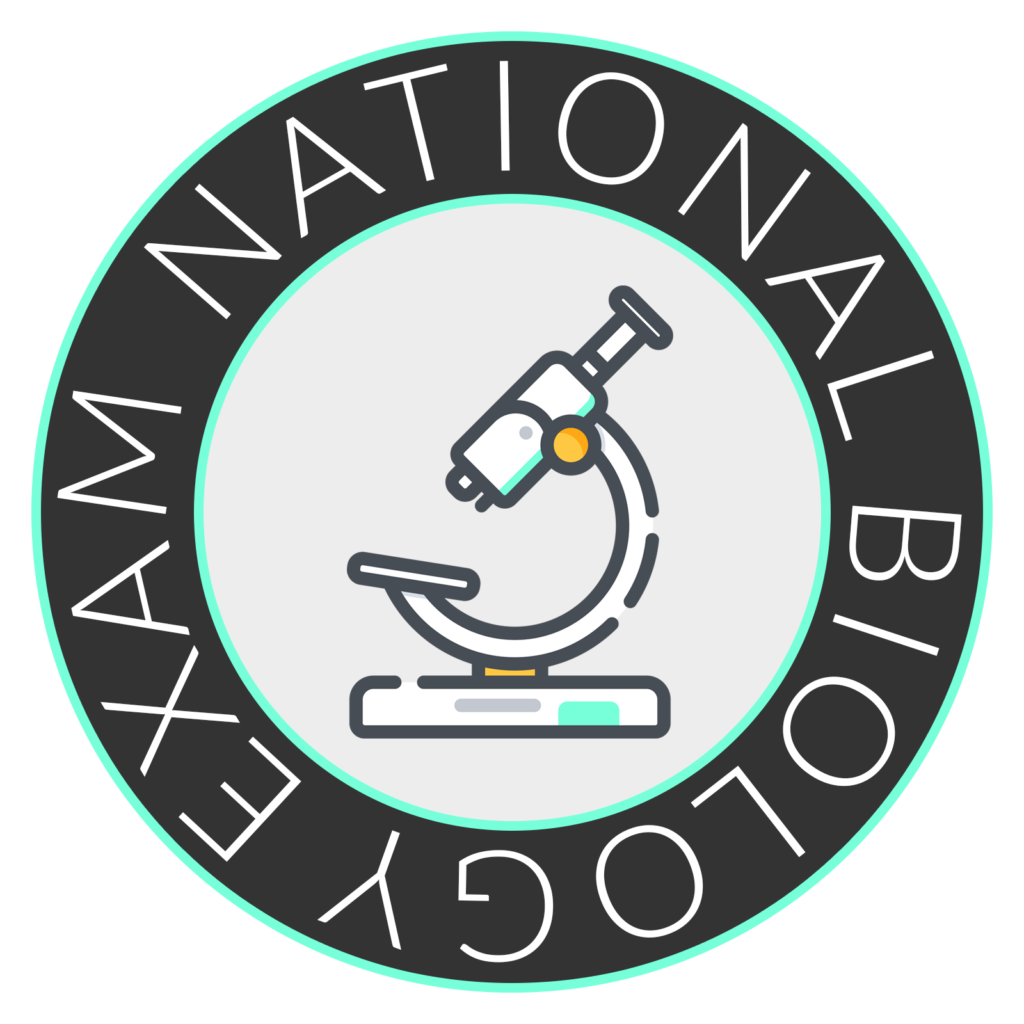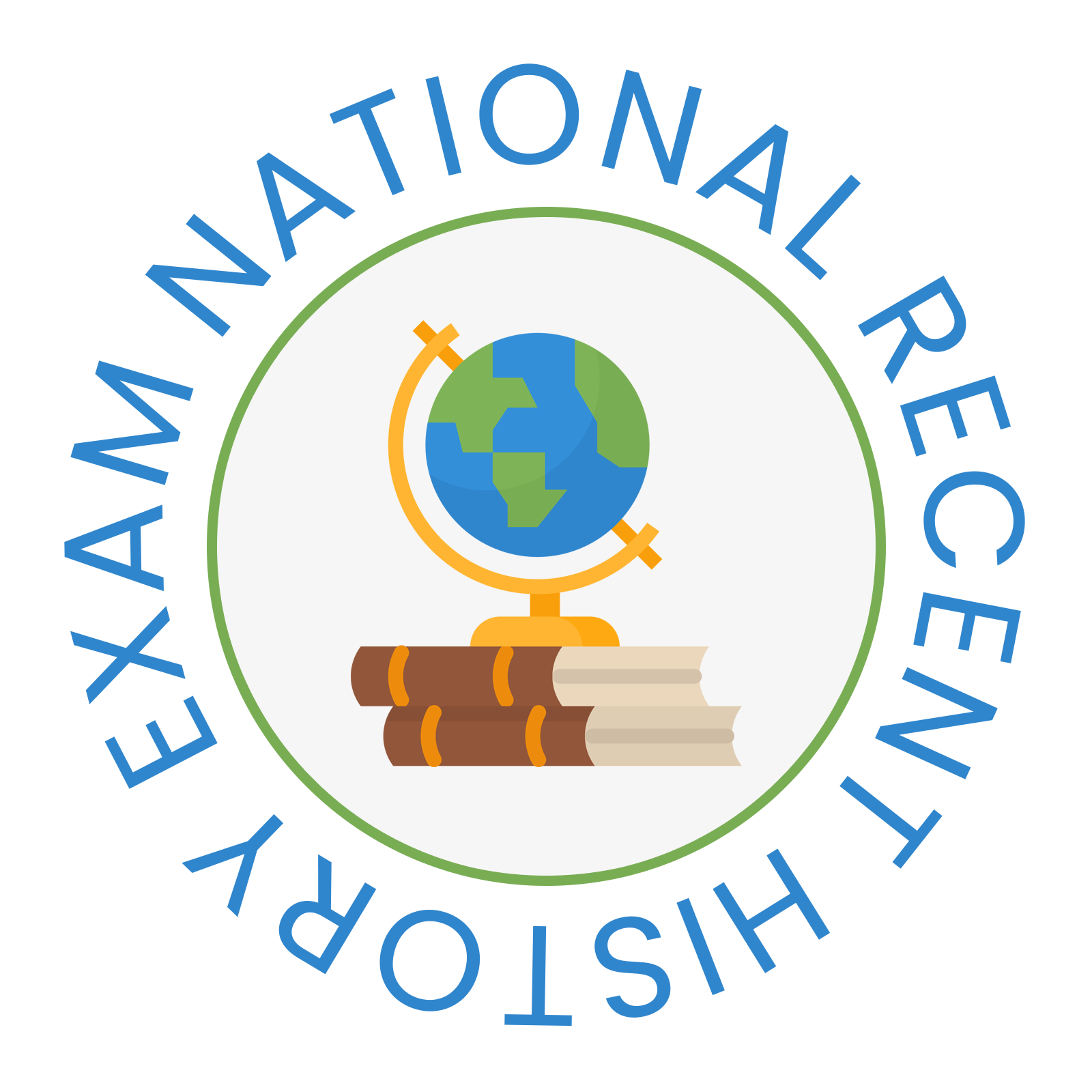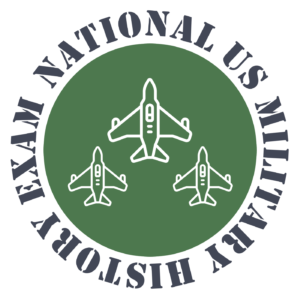During the US National Championships (for both Varsity & Junior Varsity and Elementary & Middle School divisions), International Academic Competitions organizes National Championship Exams across numerous academic disciplines. The exams will be offered on various fields of history, science, and political science as explained below. Ambitious Elementary and Middle School students are also welcome to compete in the Junior Varsity Division of the exams which are offered at JV Nationals in April (though the questions will be written at a challenging high school level of difficulty).
Each exam will consist of 75 multiple choice questions with each correct answer worth 2 points, an incorrect response worth -1 point, and an answer left blank worth 0 points. The time limit will be 30 minutes for each exam. Ties will be broken through 3 tiebreaker questions with numerical answers. Students will be ranked against other students in their age division, and the top three students in each division will earn medals. No prior qualification is needed to take any of the exams.
A complete schedule of exams and all other events at the IAC National Championships can be found on the relevant page of the Nationals website here. Exams and answer keys from past years can be found under each exam’s description.
For the 2022-23 season, the following exams are being offered at each division’s US National Championships:
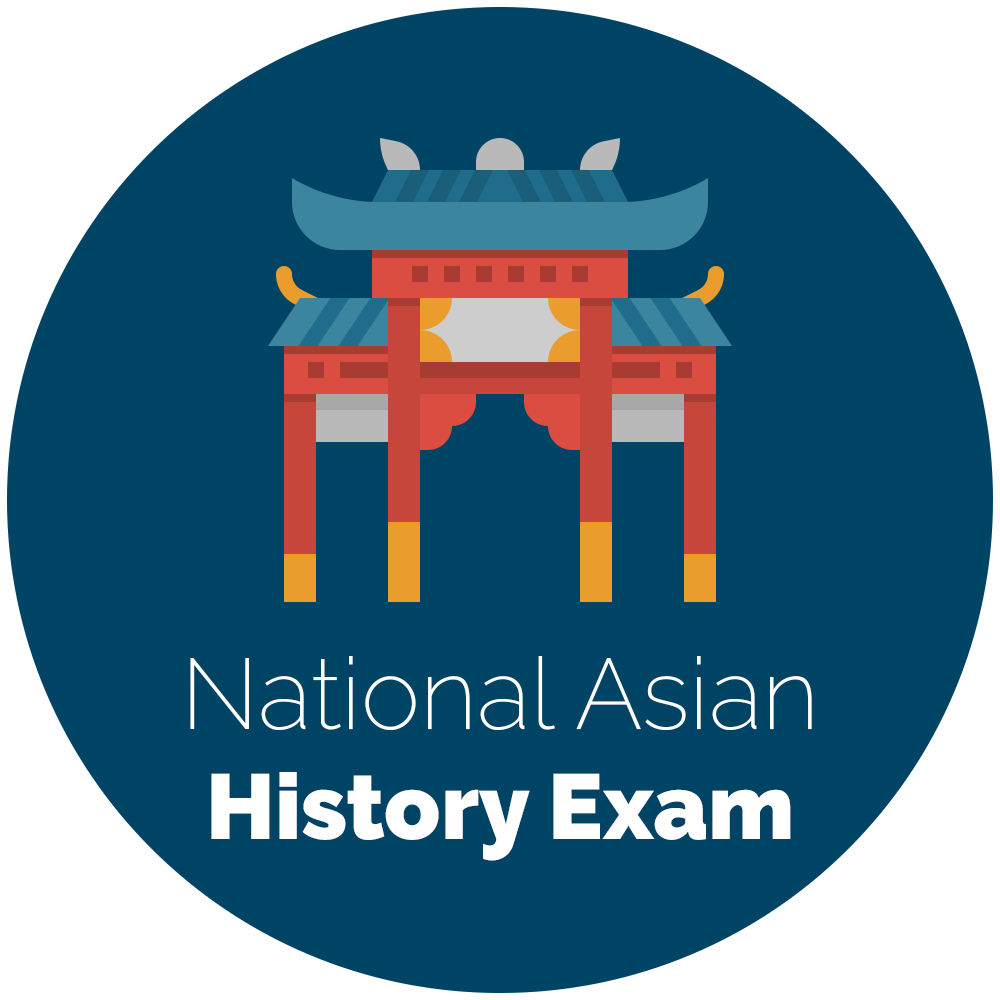
National Asian History Exam
This exam will cover the full sweep of Asian history from the dawn of history in the Middle East, South Asia, and East Asia to the present-day. Approximately 25% of the exam will cover the history of China and approximately 25% of the exam will cover the history of India. Central Asia, Southeast Asia (including Indonesia), and the Middle East (including the Arabian Peninsula) will be treated as well.
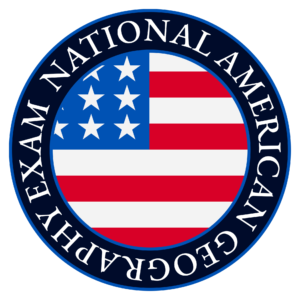
National American Geography Exam
This exam will feature questions on the geography of the 50 United States, Washington DC, the territories of the USA, and the territorial waters of the USA. Questions will focus on physical, cultural, and political geography. Certain questions may require knowledge of some abstract geographic concepts and geographic terminology, but the primary focus of this exam will be on factual knowledge, instead of applied and theoretical geography (in contrast to the US Geography Championships).
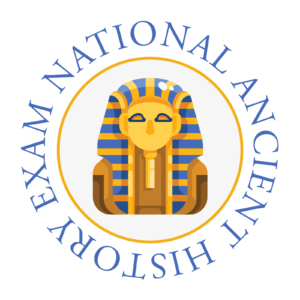
National Ancient History Exam
This exam will focus on European history up until the year 500 CE. It will also cover the history of the Americas through the year 1550, the history of Asia through the year 1200, the history of Africa until 1400, and the history of Oceania until 1500. Approximately 20% of this exam will focus on the history of the ancient Middle East (including Iran) and North Africa, 30% will focus on the history of Ancient Greece and Rome, 5% on the history of the Americas, 5% on Sub-Saharan Africa, 5% on Oceania and Southeast Asia, 15% will focus on Ancient East Asia, and 10% will focus on the history of South and Central Asia, with the remaining 10% distributed across multiple regions on the same question, or from any region.

National Black American History Exam
This exam will cover all aspects of Black American history from the colonial period to the present day. Those taking this exam should study famous African-Americans and related historical events from the fields of politics, business, sports and entertainment, science, the Civil Rights Movement, abolitionism, literature, the arts, and more.
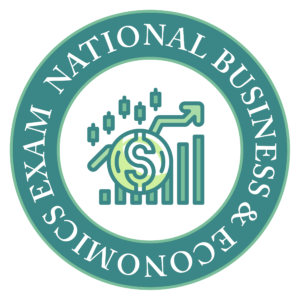
National Business & Economics Exam
This exam will focus on basic topics in microeconomics, macroeconomics, and business. This exam will lean more towards the practical application of economic and business knowledge than on theoretical concepts. A particular focus of this exam will be American companies and their operations in the national and global economy. This exam will also lean heavily on current events; students looking to take this exam are thus recommended to read informed newspapers and periodicals that cover the global economy, such as The New York Times, The Wall Street Journal, and The Economist.

National Business & Finance Exam
This exam will focus on business concepts, corporate finance, and personal finance, with a particular emphasis on the importance of companies in the American and global economy. This exam will not follow any particular standard high school course syllabus, but will instead be accessible to students who take an interest in these topics, and in particular, may seek to study them further in college. In preparation for this exam, students should review principles of taxation, marketing, accounting, international trade, and American and Global business and financial history. Students are encouraged to read the Business and Finance sections of newspapers and periodicals, as this exam will have a strong focus on current events. This exam will not feature computational questions, but will call upon students’ quantitative reasoning skills.
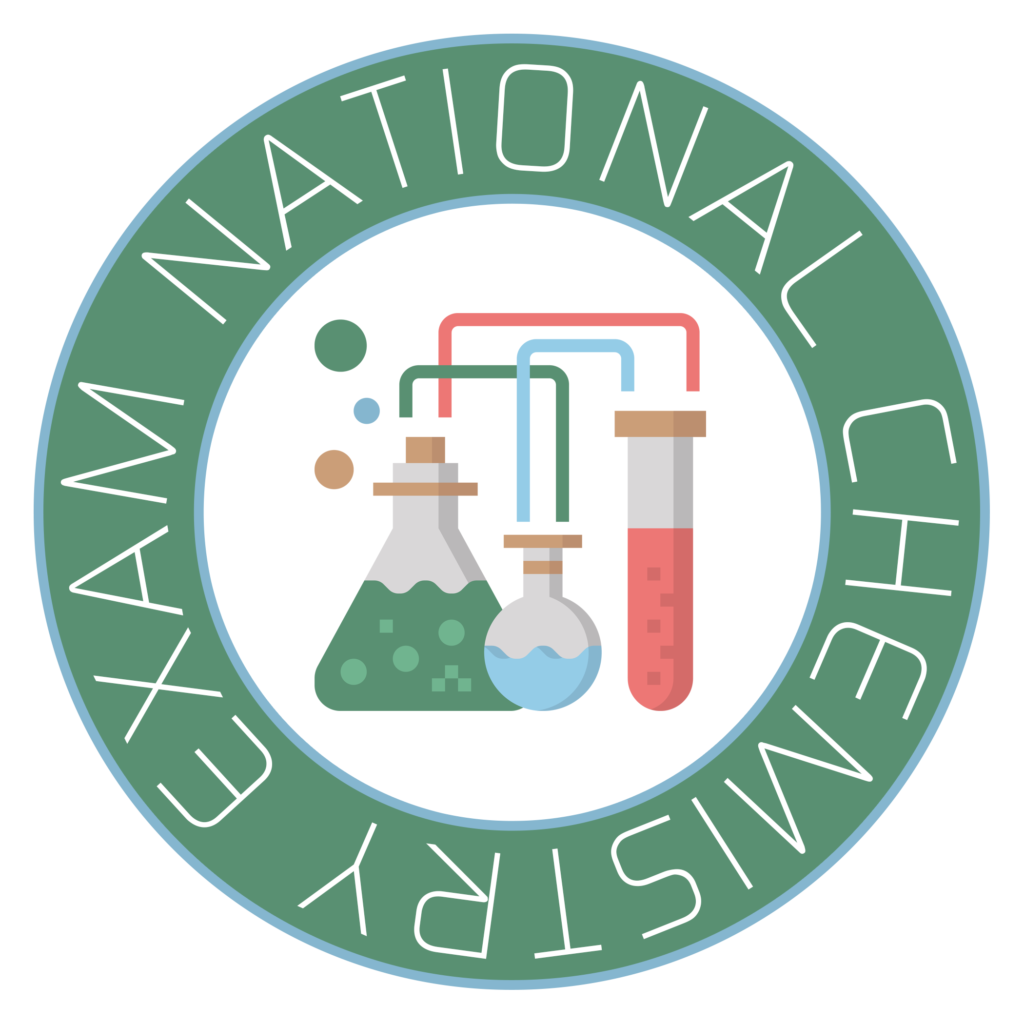
National Chemistry Exam
This exam will cover all aspects of a standard high school chemistry curriculum with particular emphasis placed on topics that are also covered in the AP Exam. Topics covered will include stoichiometry, nuclear chemistry, organic chemistry, bonding, the periodic table, and more.
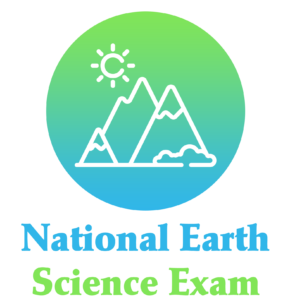
National Earth Science Exam
This exam will focus on earth science broadly speaking, including geology, volcanology, oceanography, astronomy (which will comprise about 15-20%), meteorology, and hydrology. There will be a limited amount of physical geography and ecology (as those topics are covered in other National Championships Exams). The content, difficulty, and question distribution will be similar to prior years’ National Earth Science Exams – thus students should review past exam versions to gain a sense of what sort of questions to expect.
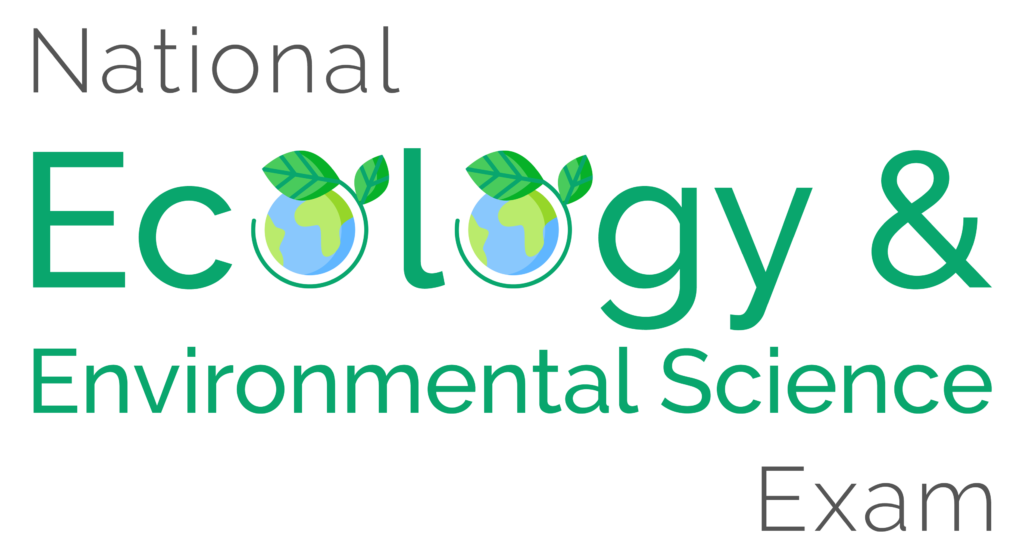
National Ecology & Environmental Science Exam
This exam will cover all aspects of ecology and environmental science with particular emphasis placed on topics that are also covered on the AP Environmental Science Exam. Topics covered will include ecosystems, conservation biology, global warming and climate change, food webs, biogeochemistry, environmental degradation, biogeography, and human ecology. All registration fees from the National Ecology & Environmental Science Exam are donated directly to the Rainforest Alliance to be used for rainforest conservation education purposes.

National Economics Exam
This exam will focus primarily on concepts that students encounter in standard AP Microeconomics and Macroeconomics. Note that this exam will not feature computational questions, but will call upon students’ quantitative reasoning skills. This exam will also have a strong emphasis on economics in current events, both in the USA and overseas. Students are thus encouraged to read informed newspapers and periodicals that cover the global economy, such as The New York Times, The Wall Street Journal, and The Economist in addition to reviewing topics on the syllabi for the AP economics courses.
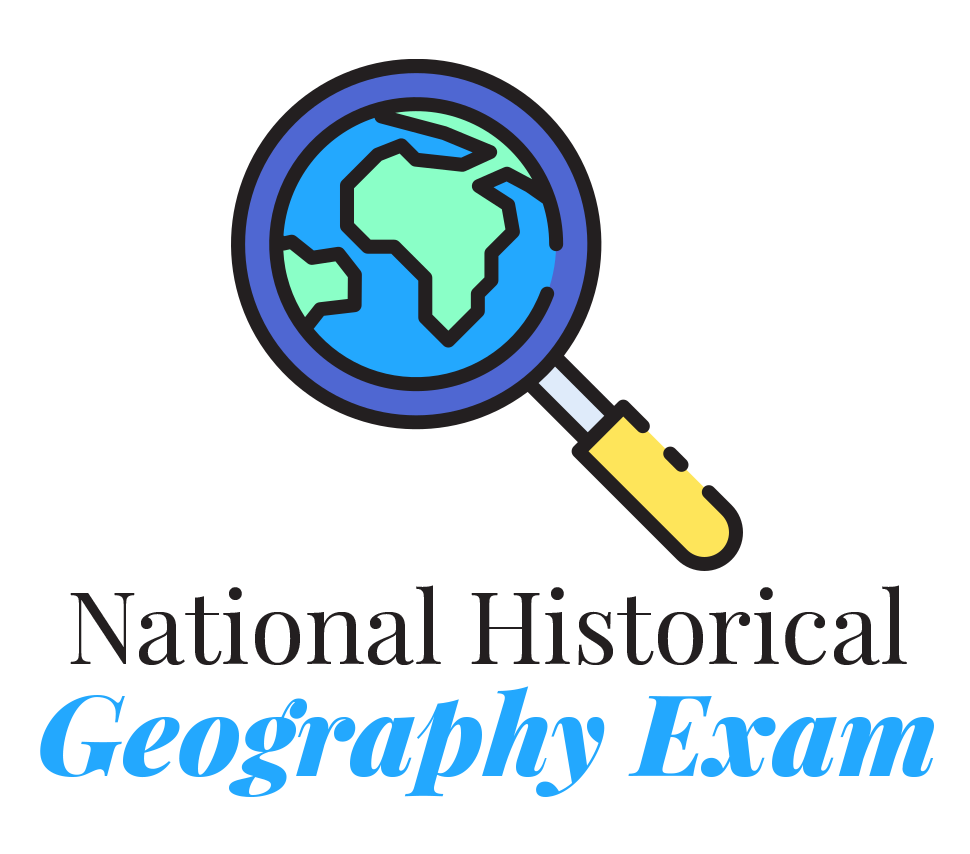
National Historical Geography Exam
This exam will cover the impact of geography on historical events, and examine questions of population movements, shifts in national and imperial borders, the spread of languages and religions, exploration and trade patterns, military campaigns, and more. This exam is neither part of the US Geography Championships nor the International Geography Bee and is open to everyone; unlike those events, it does not require prior qualification.

National Latin American History Exam
This exam will cover the history of Latin America, including all Caribbean islands, the Bahamas, and Bermuda, from the pre-colonial period to the present day. A portion of this exam (approximately 20%) will also cover the experience of Latinos and Latinas in the history of the USA.
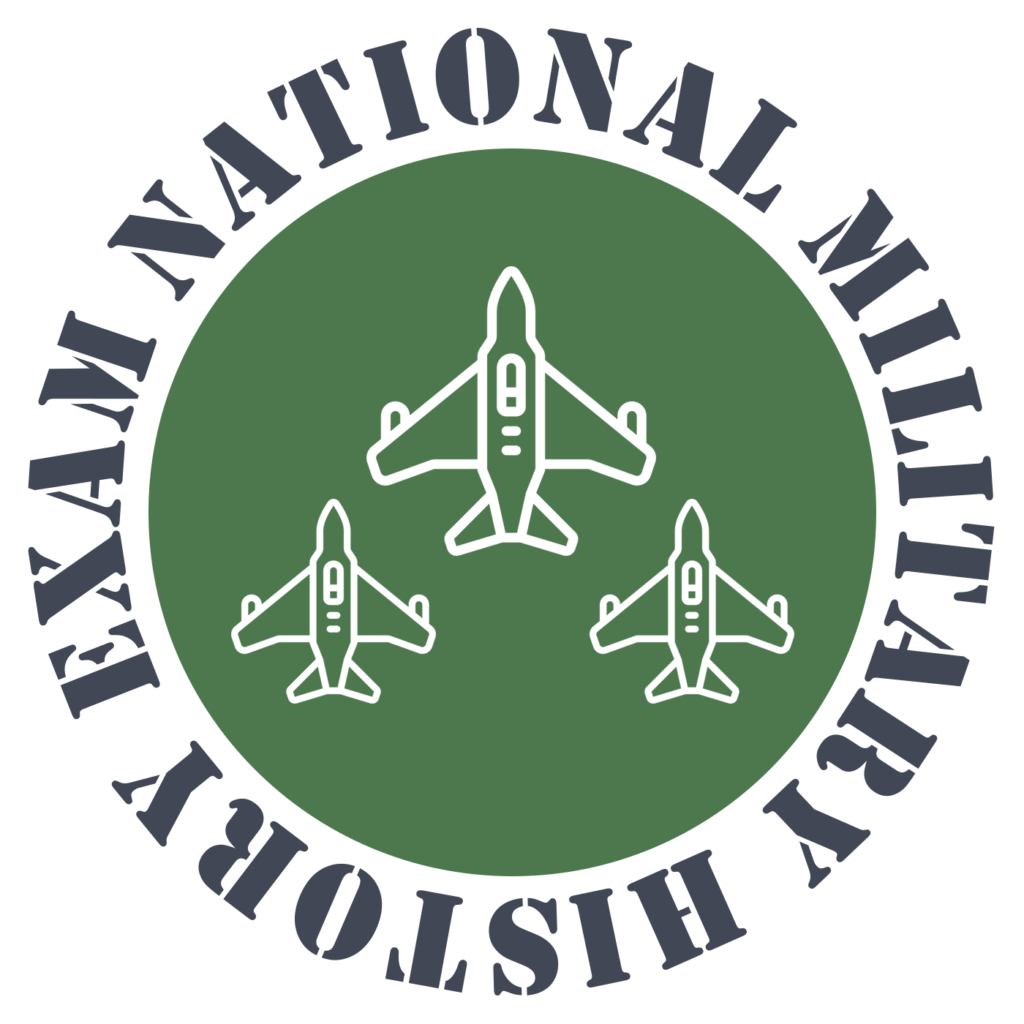
National Military History Exam
This exam will cover all facets of military history from ancient civilizations to the present-day. In addition to battles and wars, questions will also cover military technology, strategy and tactics, and how military outcomes shaped the contours of history. US military history will be covered by approximately 30% of the questions.
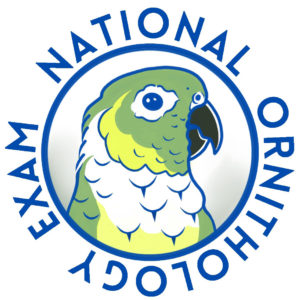
National Ornithology Exam
IAC’s official mascot is a parakeet named Maui (she’s depicted in the logo at left, and is also our office pet at our HQ in Burlington). We’re pretty sure she’s excited about the debut of the National Ornithology Exam, though she’s probably even more excited about her next dish of Vermont apple cider, her favorite treat. In any case, you can test your knowledge about all of your feathered friends in this exam, for which we’ll be donating 100% of the proceeds to the Rainforest Alliance.
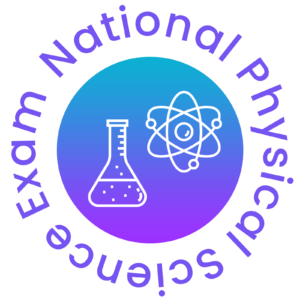
National Physical Science Exam
This exam will cover all aspects of introductory level chemistry and basic aspects of physics. Among the topics covered will be the periodic table of the elements, technology and practical applications of physics and chemistry, the history of chemistry and physics, physical equations and principles, nuclear and particle physics, molecules and bonds, organic chemistry, biochemistry, and physical chemistry.
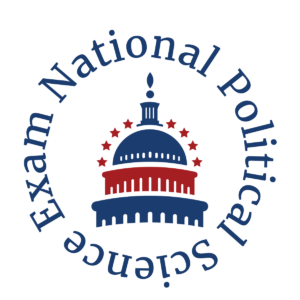
National Political Science Exam
The National Political Science Exam is meant to challenge students with relevant and unbiased questions about topics that are useful to know about for being an astute observer of domestic and international affairs. It is also meant to prepare students for the Varsity and Junior Varsity level National Political Science Bee. Note that the Junior Varsity competition of the NPSB is open to students in 8th grade and younger as well, but it is only contested at Varsity and Junior Varsity National Championships in late April in Arlington, VA. Thus younger students who qualify and are interested in competing in the Junior Varsity Division at the National Championships would need to compete there rather than at Middle and Elementary School Nationals. This exam covers all aspects of Political Science, with a distribution of questions by topic approximately in line with the distributions for the National Political Science Bee available here.
National Recent History Exam
This exam covers historical developments of the past few decades dating back to January 1, 2000. While the history of this time period is often not taught comprehensively in the classroom, an understanding of the recent past is even more useful for our daily lives than the history of more distant eras. The National Recent History Exam will cover developments in political, social, cultural, economic, and other areas of history. Both World and US history will be covered in the questions.
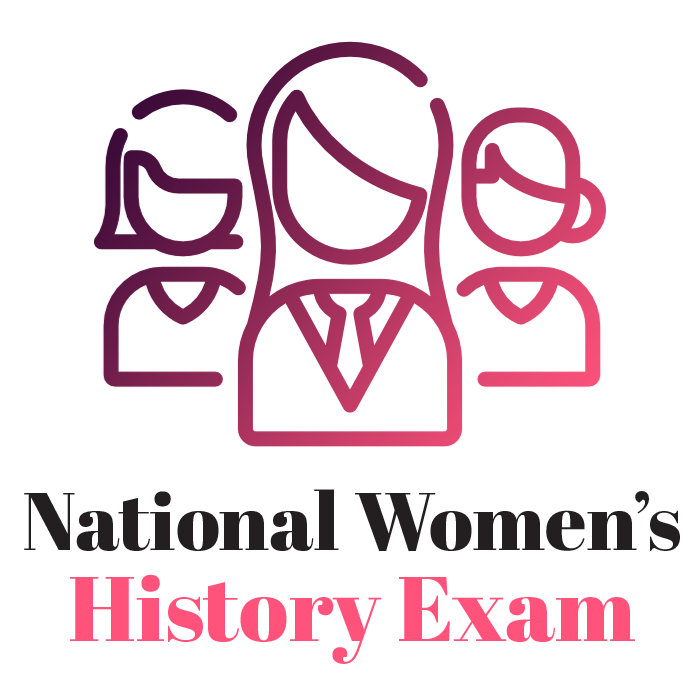
National Women’s History Exam
This exam will cover the history of women in the context of American history from the colonial period until the present day. Questions will focus on famous women and their contributions to American society, the women’s suffrage and women’s liberation movements, and questions of cultural and economic history.

